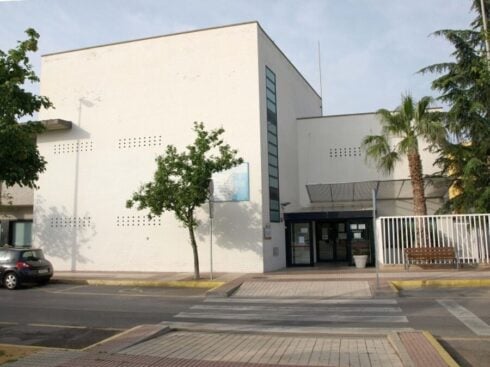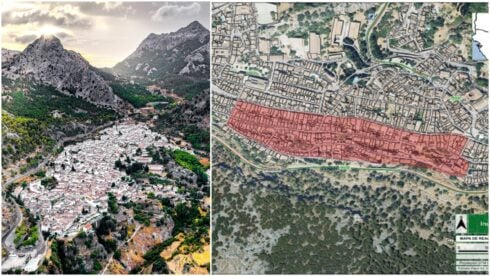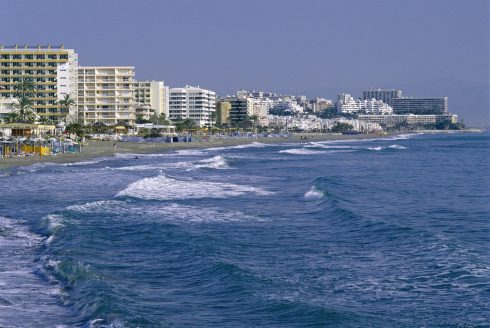SPAIN has joined Greece, Italy, France and Hungary in vetoing European Union plans to impose sweeping restrictions on tourist visas for Russian nationals
The Mediterranean bloc’s resistance comes as Brussels prepares new guidelines expected in December that would recommend stricter criteria for Russians entering the EU, following years of pressure from frontline states facing Russia – including Poland, Czech Republic, Finland and the Baltic states.
Greece led the opposition for the first time since Russia’s 2022 invasion of Ukraine, with officials citing the significant economic impact of Russian tourism.
According to reports, Russian visitors to Greece spend an average of €1,300 per day compared to just €567 for other nationalities.
The dramatic spending difference is a product of the plummeting number of Russian tourists since the war began – with those that do travel tend to be wealthier.
Before 2015, Russians spent around €900 during visits, while average tourists spent about €600.
Cyprus, where 10% of the population holds Russian passports, notably did not join the veto despite its strong ties to Moscow.
READ MORE: Huge queues and travel chaos at Spain’s busiest airport as strike action hits holidaymakers
The EU scrapped its visa facilitation agreement with Russia in September 2022, making applications more expensive and complex for Russian nationals.
However, individual member states retain control over visa decisions, leading to a patchwork of different policies across the bloc.
Eastern European nations including Poland, Czech Republic, Finland, Latvia, Estonia and Lithuania have imposed near-total restrictions on Russian visa applications, while Mediterranean countries have maintained more liberal policies.
More than half a million Russians received Schengen visas in 2024, according to European Commission data.
While this represents a significant increase from 2023, it remains far below the pre-war figure of over 4 million issued in 2019.
The resistance from Spain and its Mediterranean allies comes as the EU prepares its 19th sanctions package against Russia, which could include a complete tourist visa ban.
The upcoming guidelines, separate from potential sanctions, would focus on addressing security risks while setting common recommendations rather than binding rules.
Latvia’s foreign minister Baiba Braze stressed the need for ‘a unified and consistent approach across the EU’ when dealing with Russian visa applications.
Czech Foreign Minister Jan Lipavsky has even gone so far as to propose banning Russian diplomats from travelling outside their posted countries, arguing it would prevent Moscow from facilitating ‘sabotage operations.’
Russian opposition figure Yulia Navalnaya, widow of late opposition leader Alexei Navalny, spoke out against the ban, urging Brussels to ‘make a clear distinction between the responsibility of the regime and ordinary Russians.’
Click here to read more Travel News from The Olive Press.








